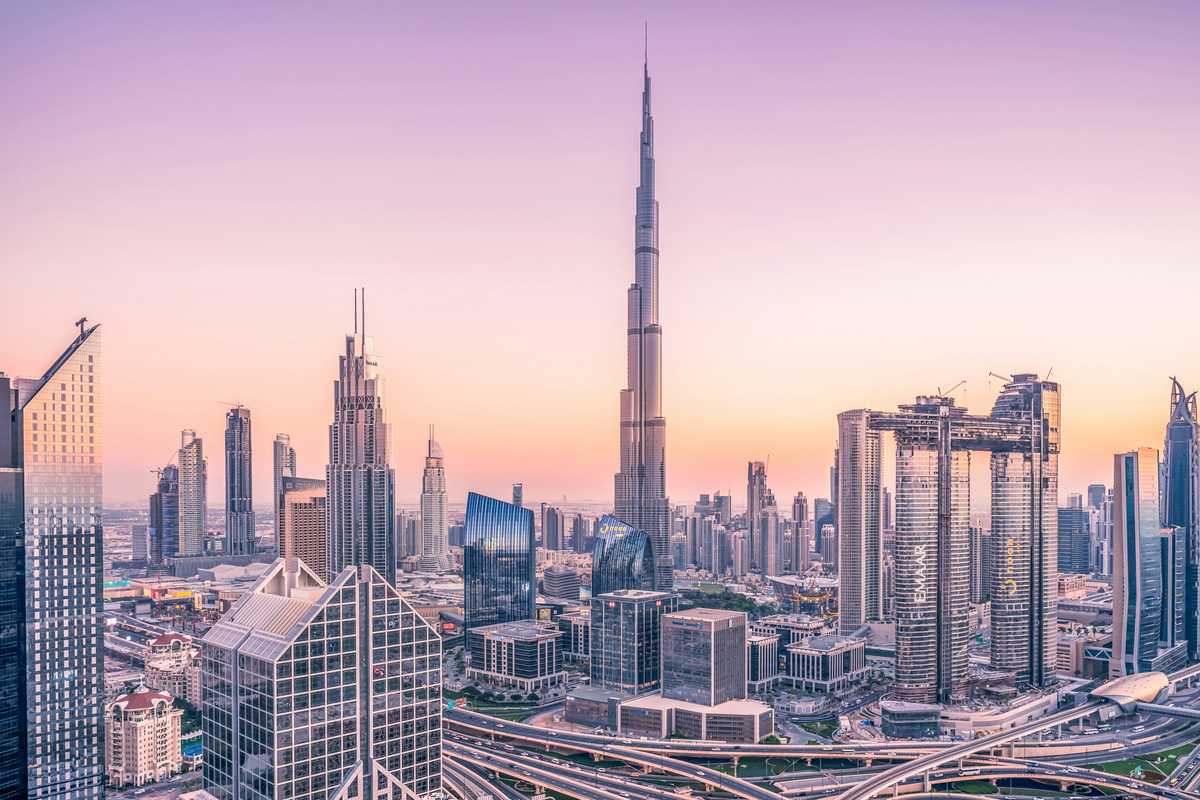UAE economy poised for 5% growth in 2025, Mastercard report reveals
UAE’s GDP is set to grow by 5% in 2025, driven by non-oil activity, infrastructure investments, and economic diversification under the UAE Centennial 2071 vision.
Dubai Desk
The Dubai Desk reports on major developments across the UAE, covering news, culture, business, and social trends shaping the region.

Tourism thrives as travelers seek affordable “travel twins,” while consumer preferences shift toward meaningful experiences, boosting the region’s economy.
Photo by ZQ Lee on Unsplash
The global economy is set for another year of adaptation and growth in 2025, according to economic report.
The UAE is projected to lead with robust growth, with its GDP expected to rise by 5% year-over-year.
Drivers of UAE growth include strong non-oil activities, government-led infrastructure investments, and others.
The global economy is set for another year of adaptation and growth in 2025, according to the Economic Outlook 2025 report by the Mastercard Economics Institute (MEI).
The report highlights key themes shaping the economic landscape, from shifting monetary and fiscal policies to evolving consumer behaviors, offering a detailed glimpse into global and regional trends.
The UAE is projected to lead with robust growth, with its GDP expected to rise by 5% year-over-year, significantly outpacing the global average of 3.2%. Consumer spending in the UAE is forecast to grow by 4.3%, while inflation is likely to stabilize at 2.3%.
Drivers of growth
The UAE’s economic performance is underpinned by strong non-oil activities, reflecting the nation’s long-term vision under the UAE Centennial 2071 strategy.
Diversification remains a cornerstone of the country’s development, with government-led infrastructure investments bolstered by a stable balance sheet.
The private sector is also expected to gain momentum, aided by lower interest rates that support employment and domestic consumption.
Population growth, particularly driven by net migration, remains a critical factor. Between 2019 and 2023, net migration contributed 10.8% to the UAE’s population growth, enhancing the region’s human capital and fueling private consumption.
Tourism continues to be a strong growth driver. The UAE and the GCC have positioned themselves as some of the fastest-growing destinations globally, with ambitious efforts to develop world-class tourism offerings.
The region’s USD-pegged currencies further support outbound travel, catering to residents and attracting international visitors.
Global economic context
Globally, MEI expects modest GDP growth of 3.2% in 2025, slightly up from 3.1% in 2024.
Key markets such as the United States, India, and the Gulf Cooperation Council (GCC) will lead growth, while Europe and parts of Latin America are likely to see slower expansion. Meanwhile, China is expected to stabilize, driven by increased policy stimulus.
“The global economy sets course for another year of expansion, shaped by changing fiscal and monetary policies,” said Khatija Haque, Chief Economist for EEMEA at Mastercard. “As the business cycle matures, the structural forces that have shifted the landscape will become more apparent, helping define the new landing place for economies around the world.”
Shifting consumer preferences
The report highlights evolving consumer priorities in response to rising prices.
Travelers, for instance, are opting for “travel twins” — alternative destinations that offer similar experiences to popular tourist hubs but at lower costs. For UAE travelers, Lombok has emerged as a cost-effective alternative to Bali, offering serene landscapes and fewer crowds.
The region also sees a continued emphasis on meaningful experiences over material goods, particularly in Saudi Arabia and Qatar. Spending on leisure and entertainment has surged, fueled by investments in global sports events and expanded entertainment offerings.
Migration, remittances, and women in the workforce
Migration remains a key economic driver in the UAE, not only enriching the labor force but also generating significant remittances.
According to the World Bank, global remittances rose from $128 billion in 2000 to $857 billion in 2023, with further growth expected through 2025.
The digitization of remittance channels has enhanced cost-efficiency and convenience for both senders and recipients.
Women’s participation in the workforce has also risen, with representation in the UAE standing at 55.4%. The rise of remote work has been particularly beneficial, enabling greater flexibility for women balancing professional and caregiving roles.







Comments
See what people are discussing